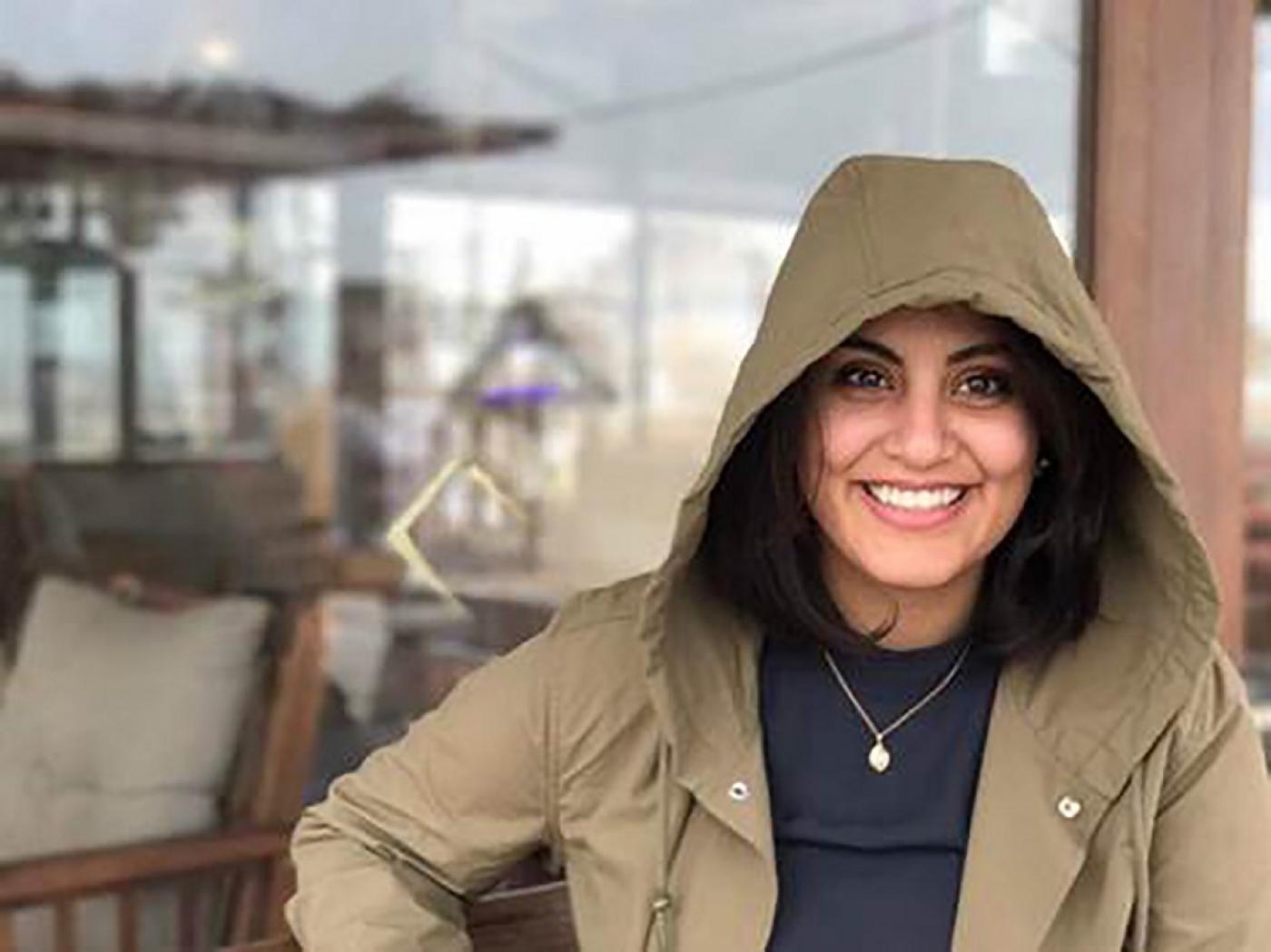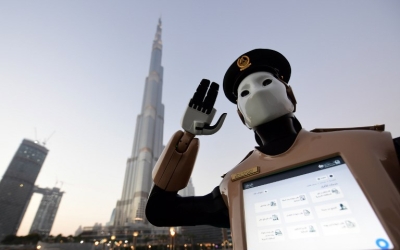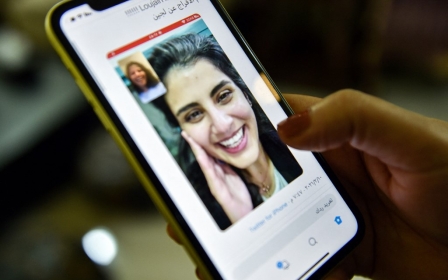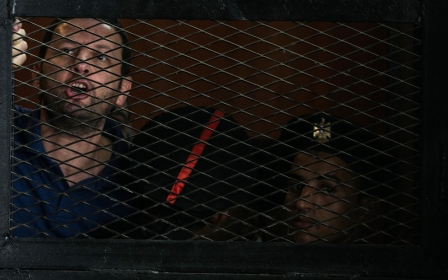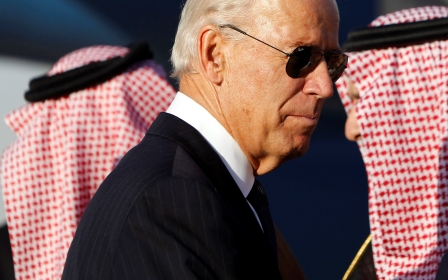Egypt and Saudi Arabia use political prisoners as pawns to bargain with Biden

After she spent more than 1,000 days in prison for defending a woman's right to drive, Saudi authorities recently released activist Loujain al-Hathloul.
The 32-year-old, who was previously held for more than two months after trying to drive into Saudi Arabia from the UAE in 2014, thus lost nearly three years of her freedom, fighting for something the government later legalised.
Days earlier, Egyptian authorities released Al Jazeera journalist Mahmoud Hussein, who was arrested in December 2016 while visiting family in Cairo. He lost four years of his life to "preventive detention," without formal charges or trial.
We, as Arab citizens, are not valued by our rulers; we are merely a tool for negotiations with western governments, a tactic to be pulled out at will
At the same time, Egyptian authorities recently arrested relatives of Mohamed Soltan, a US-based activist. Last year, other members of Soltan's family were detained and subsequently released after the activist filed a lawsuit against former prime minister Hazem el-Beblawi over his own arrest and torture in 2013.
There is no clear rationale for the simultaneous releases of Hathloul and Hussein, just as there was no logical reason for their arrests in the first place. Similarly, there is no convincing reason for keeping thousands of people in Egypt, Saudi Arabia and other Arab countries in political prisons.
New MEE newsletter: Jerusalem Dispatch
Sign up to get the latest insights and analysis on Israel-Palestine, alongside Turkey Unpacked and other MEE newsletters
Those in power can also prevent citizens from speaking out or engaging in political activities, thus pushing them to be silent or to flee the country - particularly since these regimes have the tools and methods to control every aspect of life, especially among opposition politicians, if they even exist.
The question then arises: why would someone like Hathloul or Hussein be arrested when they do not present a real threat to the regimes in Saudi Arabia or Egypt? What do authoritarian regimes gain from such acts?
It is true that these regimes have a low tolerance for criticism and do not accept freedom of expression. But this is not a sufficient reason to fill prisons with detainees for long stretches of time.
Western insurance policy
One explanation is that these regimes use political detainees as an insurance policy for negotiations with the West - the US in particular. It is no coincidence that Hathloul and Hussein were released after a major change in the White House, with the departure of former president Donald Trump, who had provided unconditional support for authoritarian Arab regimes for the past four years.
Their releases might be read as a goodwill gesture from the Saudi and Egyptian regimes towards the new US administration under President Joe Biden - a "token of love," according to a popular Egyptian saying, in order to clear tensions ahead of the next four years.
We should thus not be surprised if more detainees are released in the coming days. Political prisoners in our countries are used like pawns - bargaining chips with western governments. We, as Arab citizens, are not valued by our rulers; we are merely a tool for negotiations with western governments, a tactic to be pulled out at will.
Authoritarian regimes' use of the "detainee card" as a bargaining chip is similar to the use of civilians as human shields during wars and conflicts, as war criminals sacrifice their citizens in order to preserve their own power.
Shameful political bargain
Perhaps it is contradictory that the discourse of these regimes is filled with slogans of loud patriotism, while they violate and abuse such patriotic sentiments through their subservience to western governments.
This might be the worst form of tyranny we have seen in this region over the past century, reaching the stage of trading in the rights and freedoms of citizens. While this political bargain is shameful and humiliating, it is unfortunately active in the calculations of Arab regimes as they shape their relations with western governments.
The issue of political prisoners represents a real test for the Biden administration. The US must clarify its position on this matter in a clear and honest way, and it should not fall into the trap of allying with authoritarian Arab regimes in exchange for turning a blind eye to their ugly human rights violations.
The Biden administration must turn its statements on supporting democracy and respecting human rights into action.
The views expressed in this article belong to the author and do not necessarily reflect the editorial policy of Middle East Eye.
Middle East Eye delivers independent and unrivalled coverage and analysis of the Middle East, North Africa and beyond. To learn more about republishing this content and the associated fees, please fill out this form. More about MEE can be found here.



